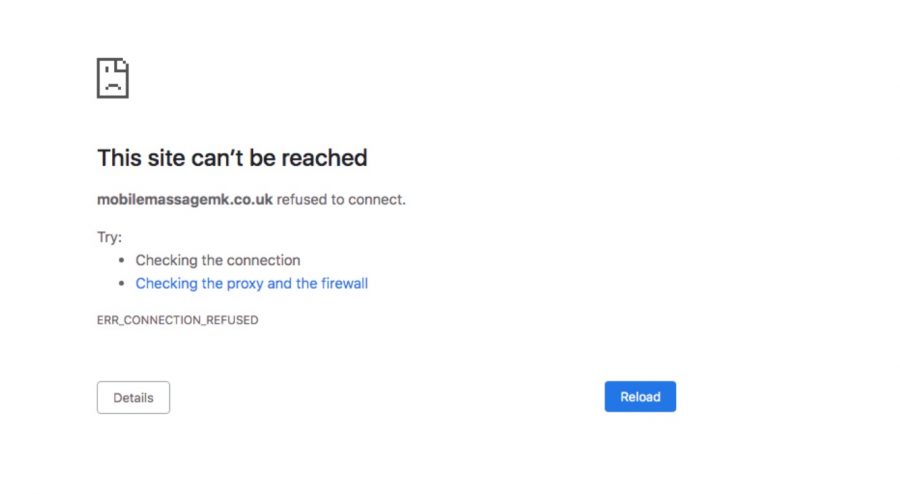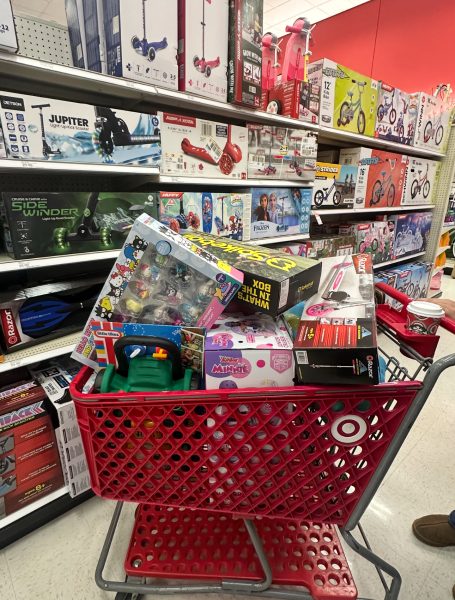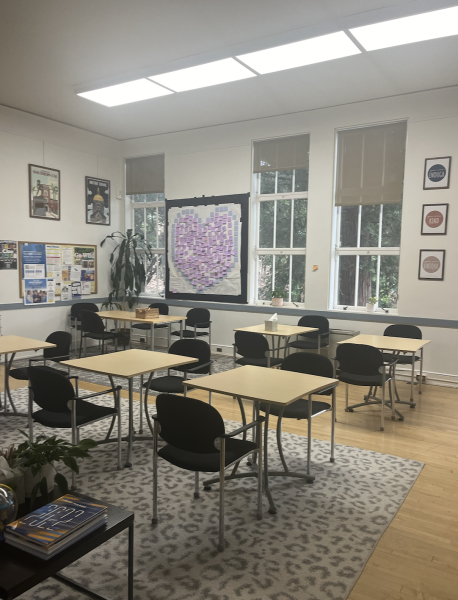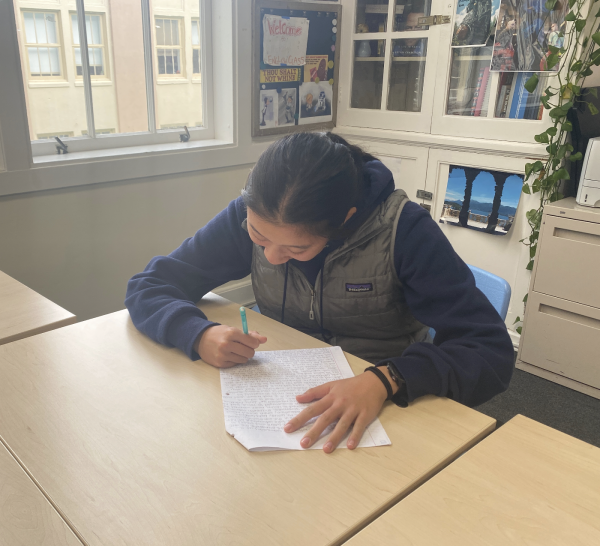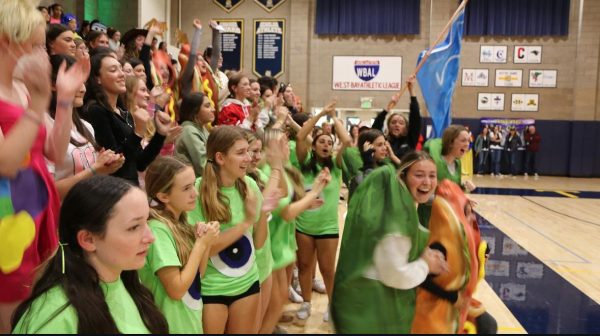This site can’t be reached: Internet restrictions interfere with learning both inside and outside the classroom
The Catalyst / Cl
Some websites are not accessible to students while using the school’s WiFi.
Every NDB student is well-accustomed to typing in URLs and arriving at an error message. While it is understandable that the school does not want students watching movies or scrolling through Instagram in the middle of class, the restriction of websites has gotten to the point where it is more detrimental than helpful.
A few websites on the constantly growing no-go list include Pinterest, Amazon, Barnes and Noble, EBay, Etsy, Brandy Melville, Twitter, Instagram and Snapchat.
Some blocked websites are indeed a distraction, but many others are actually useful tools for class. Twitter is important for history and journalism classes where students use the platform to monitor breaking news stories and announcements from politicians. Other news sources and political or scientific articles are also occasionally blocked, making research harder for several students.
Many NDB students use the school’s internet during study halls, lunch breaks, Collaboration and even before and after school. Although still on campus, this time is our own to take advantage of however we choose. That could mean working on school assignments, or it could mean browsing social media. Students should be able to decide how to use their time themselves, without the school having such a say.
Furthermore, many students bypass WiFi regulations using VPNs and personal hotspots. Although the blocked websites may prevent some online wandering, students waste their parents’ money or their own money finding ways to avoid the blockages. VPNs are also not ideal for internet safety reasons.
“Using a VPN while on school campus is against school policy,” said NDB technology associate Joseph Maldonado. “Many VPNs are very dangerous as they allow hackers to easily capture your private data and even exploit vulnerabilities that enable viruses, popups and browser issues.”
While students should not be using VPNs, if fewer websites were blocked, students would not feel the need to use these potentially dangerous networks and could be taught how to navigate the internet safely on their own.
Students often find a website open one day, and then blocked the next. The websites are blocked based on a paid subscription with a Firewall provider.
“Administration and IT choose categories of sites we deem inappropriate for students while on campus,” Maldonado added. “Our Firewall company constantly monitors the internet for new trends and websites and applies them to that list of categories.”
As a college preparatory school, NDB should teach students executive functioning skills that are useful for higher education. But, restricting websites interferes with this process. Once they get to college, NDB alumnae will face the temptation of unrestricted access to the internet and will have the choice of whether to pay attention to lectures or instead play on their computers. They will have to learn how to stay focused on their own at some point. So, it’s better to learn within the safety of the NDB environment than end up floundering in college.
If students choose to procrastinate on their school work and waste their class time and Collaboration periods, they will face the consequences of their decisions later on. However, this is the only way that students will learn how to manage their time on their own and how to use the internet in a safe way.

Clair Sapilewski is the Managing Editor and is in Journalism II this year. This is her third year writing articles for The NDB Catalyst.
She...

Peyton Daley is a senior and this is her third year as a Catalyst writer. She served as Arts & Life Editor her sophomore year and Managing Editor her...

